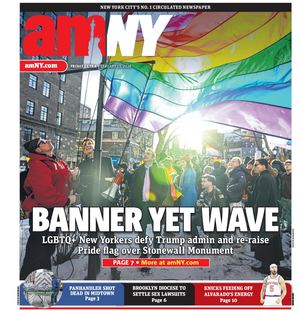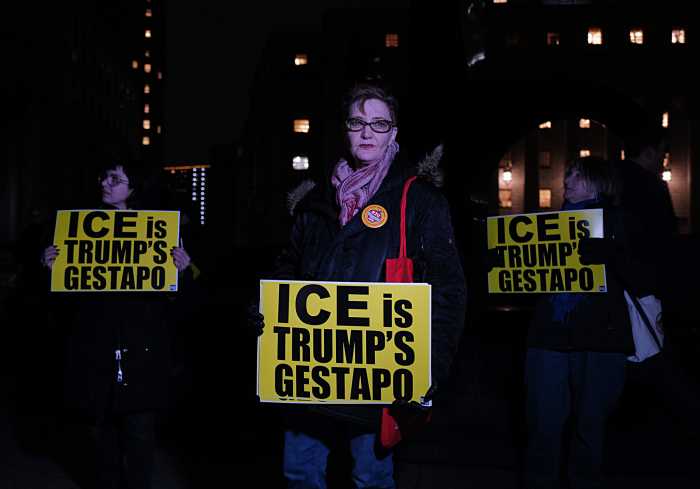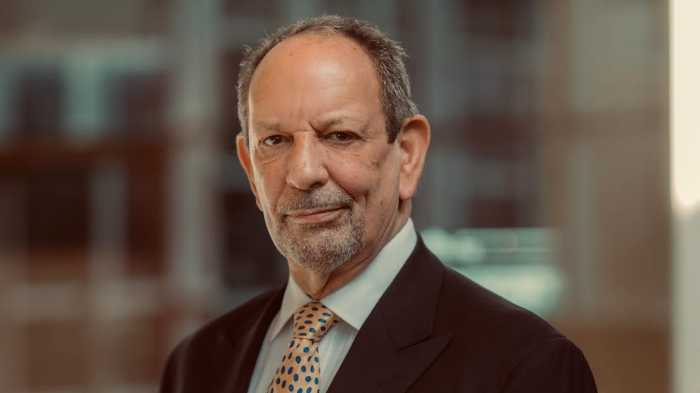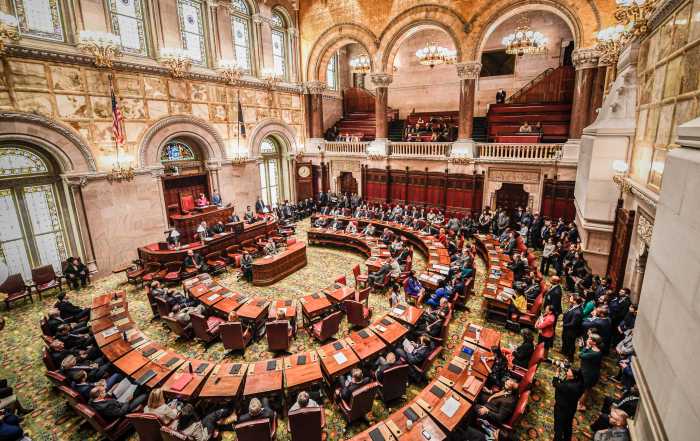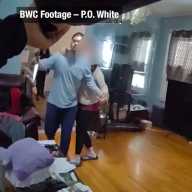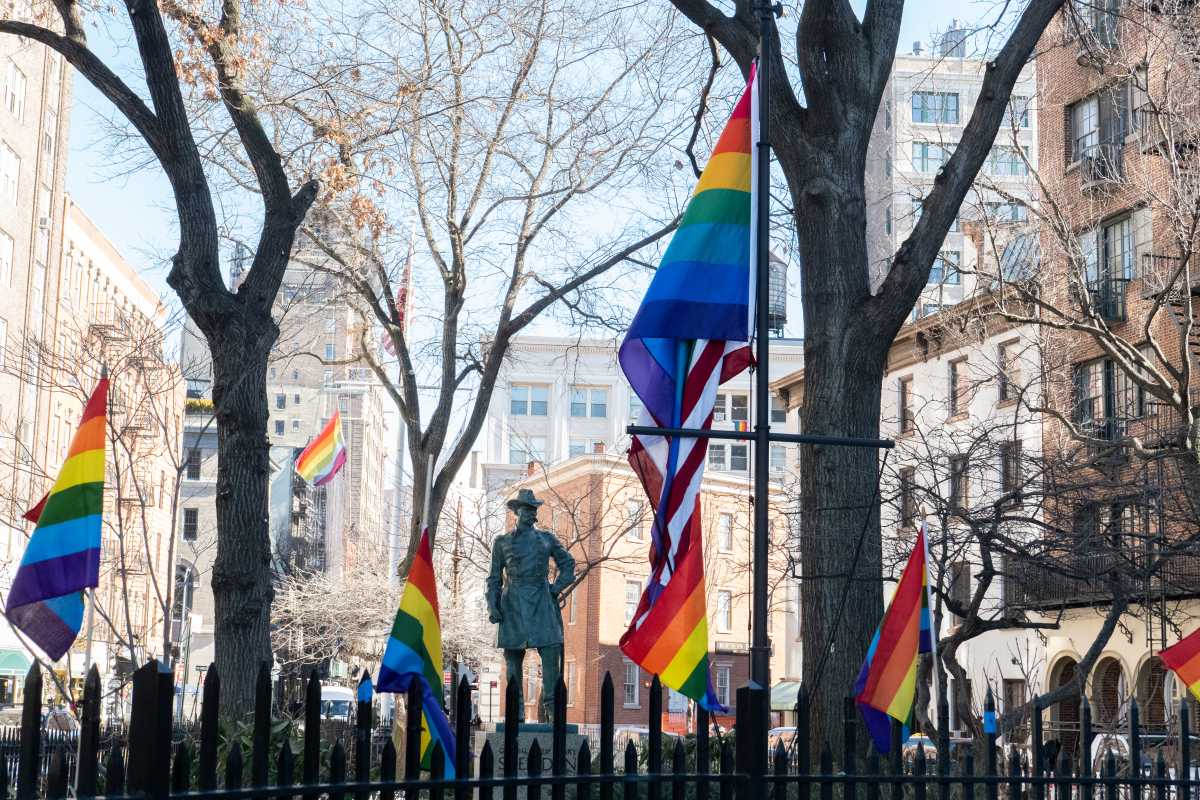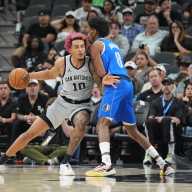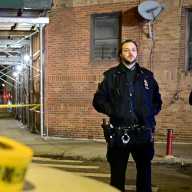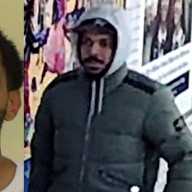The couple million people who follow incoming Congresswoman Alexandria Ocasio-Cortez on social media are seeing technology put to pretty adept use, as far as government work is concerned.
The young Bronx politician has recently Instagrammed the rituals of her first days on Capitol Hill, and she has for months used Twitter to blast Fox News hosts and rally supporters. Woe is the digital non-native who tries to cross her online (despite some exaggerations).
The technology was different, but it’s a little like the way another underdog outer-borough congressional hopeful introduced herself to a new audience. This was 50 years ago, and the technology was sound trucks rolling up next to Brooklyn housing projects.
“Ladies and Gentlemen,” blasted the new politician through the speakers. “This is fighting Shirley Chisholm coming through.”
Chisholm, the pioneering black congresswoman and first woman to seek the Democratic presidential nomination, is getting a new level of respect: Mayor Bill de Blasio announced last week that the city will soon place a monument to Chisholm outside an entrance to Prospect Park in Brooklyn.
It’s part of a push to get more sculptures of women around NYC, and Chisholm was the program’s inaugural selection.
But her legacy is far more alive than stone today, particularly with the rise of Ocasio-Cortez and a huddle of fellow young first-time congresswomen, some of whom have noted their debt to Chisholm.
Among that new class, Chisholm probably has more in common with someone like Ayanna Pressley, who first served on the Boston City Council, as opposed to Ocasio-Cortez, whose first elected role was to Congress before the age of 30. Chisholm was far from an inexperienced newcomer: She was 44 when she got to DC and had already served in the New York State Assembly. And certainly this year’s band of newcomers has a lot to do before being comparable to Chisholm, who spent more than a decade in Congress.
But the freshmen are resurrecting some old Chisholm tactics and themes. In her first general election, Chisholm shared left-leaning policy positions with her opponent, James Farmer, a well-respected hero of the civil rights movement running on the Republican line. But she portrayed him as an outsider for living in Manhattan, and relied on her fluent Spanish to speak to the new Hispanic population in the district, according to an official House biography.
Ocasio-Cortez used similar moves this year to take down Joe Crowley, a liberal whose district had shifted to include more young and Hispanic newcomers and who similarly lost touch while focusing more on his leadership ascent in the House than on the dynamics in his Queens-Bronx district.
When she got to Congress, Chisholm made a bold entrance, criticizing the Vietnam War in her first floor speech. Ocasio-Cortez nabbed headlines last month for supporting the Green New Deal protest outside California Rep. Nancy Pelosi’s office.
Brooklyn College professor Zinga A. Fraser, director of the Shirley Chisholm Project, says the new congresswomen are symbolically similar to Chisholm in that they’re “not necessarily taking the status quo.”
Take newcomer Rashida Tlaib of Michigan who recently pushed to get a seat on the powerful Appropriations Committee. Decades ago, Chisholm scrambled the committee assignment system when she complained about being sidelined to agriculture. Eventually she succeeded in being reassigned to Veterans’ Affairs. “There are a lot more veterans in my district than trees,” she joked.
Chisholm ultimately fought hard and successfully for progressive issues like unemployment benefits for domestic workers and education for low-income students — the kind of concrete wins that are still ahead for the next class of congresswomen.
Maybe Chisholm will continue to be a guiding light as those new congressional careers unfold and Chisholm’s memorial weathers rain.
In remarks at a celebration of Chisholm in Brooklyn in 2011, Anita Hill praised Chisholm’s status as a role model.
Hill, a Brandeis professor who accused then-Supreme Court nominee Clarence Thomas of sexual harassment in 1991, said that she was a teenager when Chisholm announced her presidential run.
“Having that face, that strong voice there, someone who looked like me, who sounded like me . . . it matters.”
